Fur is one of the most controversial aspects of the fashion industry. Campaigns by animal rights groups and celebrities, along with shifting consumer priorities, have seen fur become a thing of the past.
Gone are the days when fur jackets were viewed as valuable as diamond tennis bracelets or Hermes bags. While other brands have long since ceased their use of fur, one brand has been the target of campaigns to end the use of fur in the fashion industry.
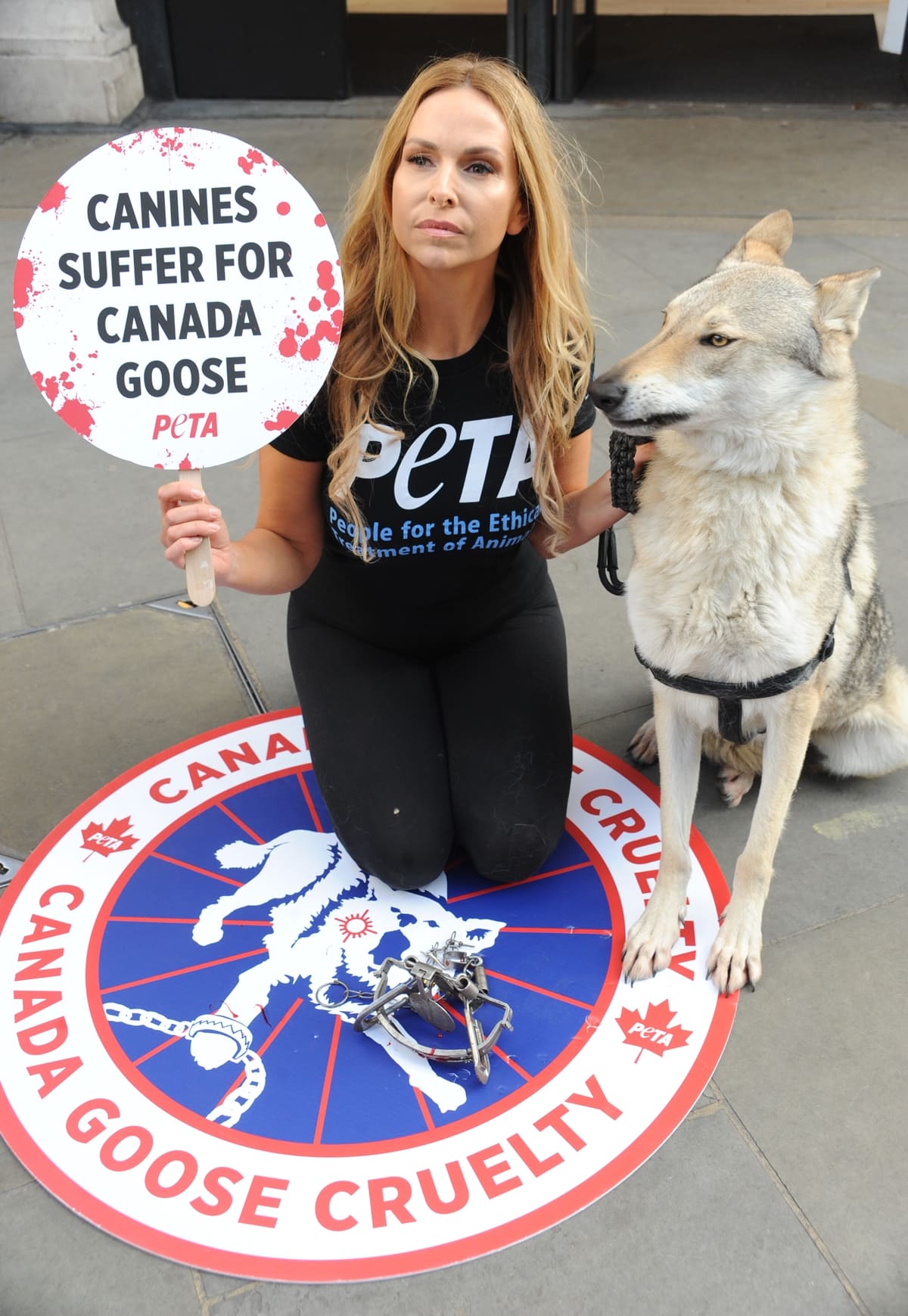
The Canadian fashion brand has continuously come under criticism for using coyote fur. In April 2021, Canada Goose shocked the fashion industry by announcing its plans to cease its purchasing of fur.
The Canadian winter brand intends to stop buying fur by the end of this year, ceasing its use of fur in products by the end of 2022.
The Humane Society International group has described Canada Goose’s decision as a “momentous step” in their campaign to remove fur from the fashion industry.
Canada Goose’s Fur Controversy: A Focal Point of Fashion Activism
One of their signature products, Canada Goose’s hooded parker jackets, retails for over $1,000. They’ve also been the source of controversy for years. If you’ve ever walked past a Canada Goose store in the city, you’ll have seen protestors outside.
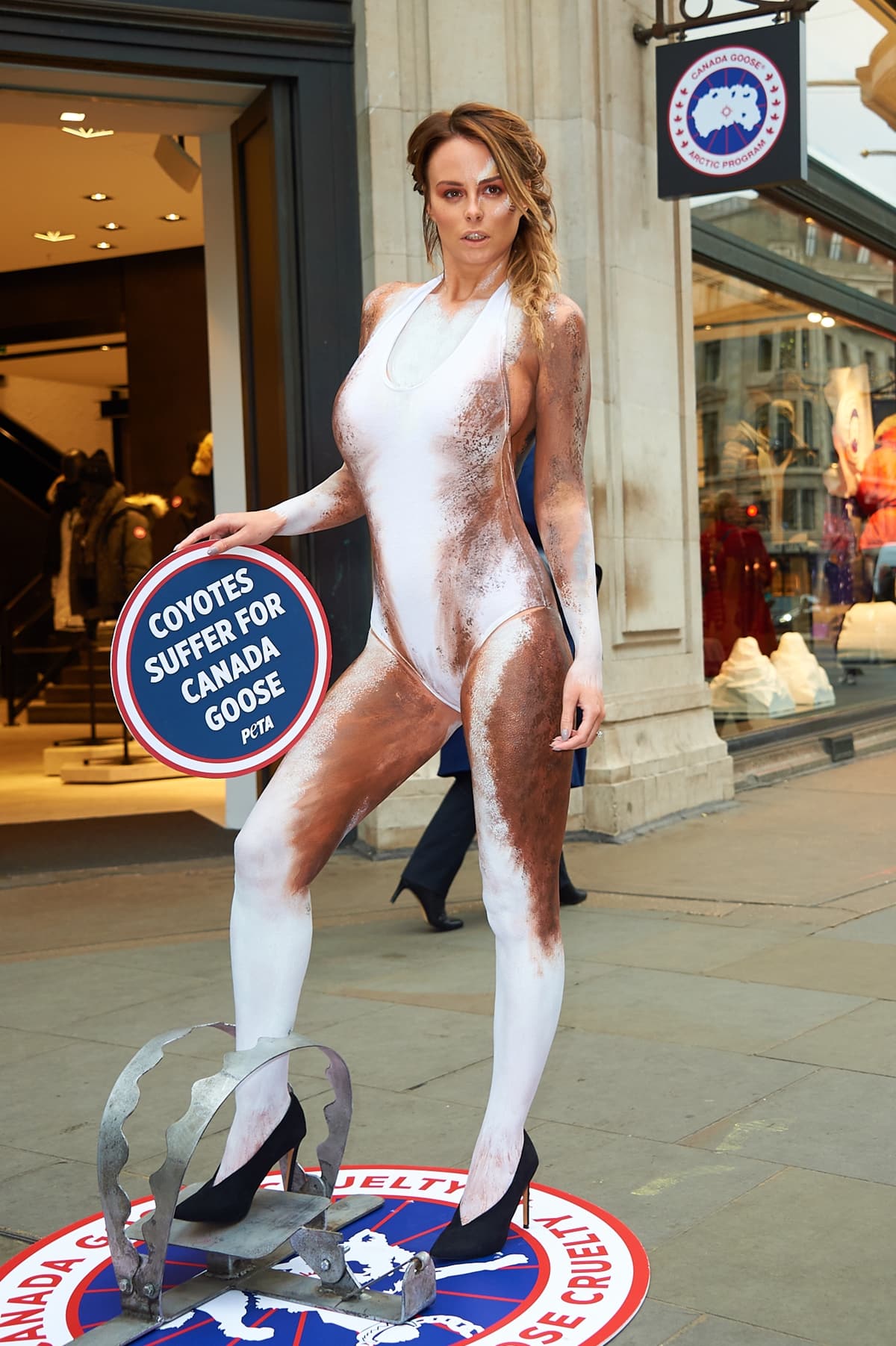
Canada Goose has long been the target of People for Ethical Treatment of Animals (PETA), who have singled out the jackets for their coyote fur-lined hood.
The executive director of the Humane Society, Claire Bass, said that the jacket was “synonymous with fur cruelty” while also acknowledging that the brand’s announcement “is another major blow to the global fur trade”.
PETA vs. Canada Goose: A Battle Over Ethical Fashion
Campaign groups have used everything from celebrity endorsements to legal cases and protests to force Canada Goose to end its use of animal fur. Canada Goose has always maintained that their supply chain utilizes responsibly sourced fur, while PETA has disputed this.
PETA has hailed the move as a “monumental victory for coyotes” and claims that the brand’s decision to drop fur results from “years of pressure from animal rights activists.”
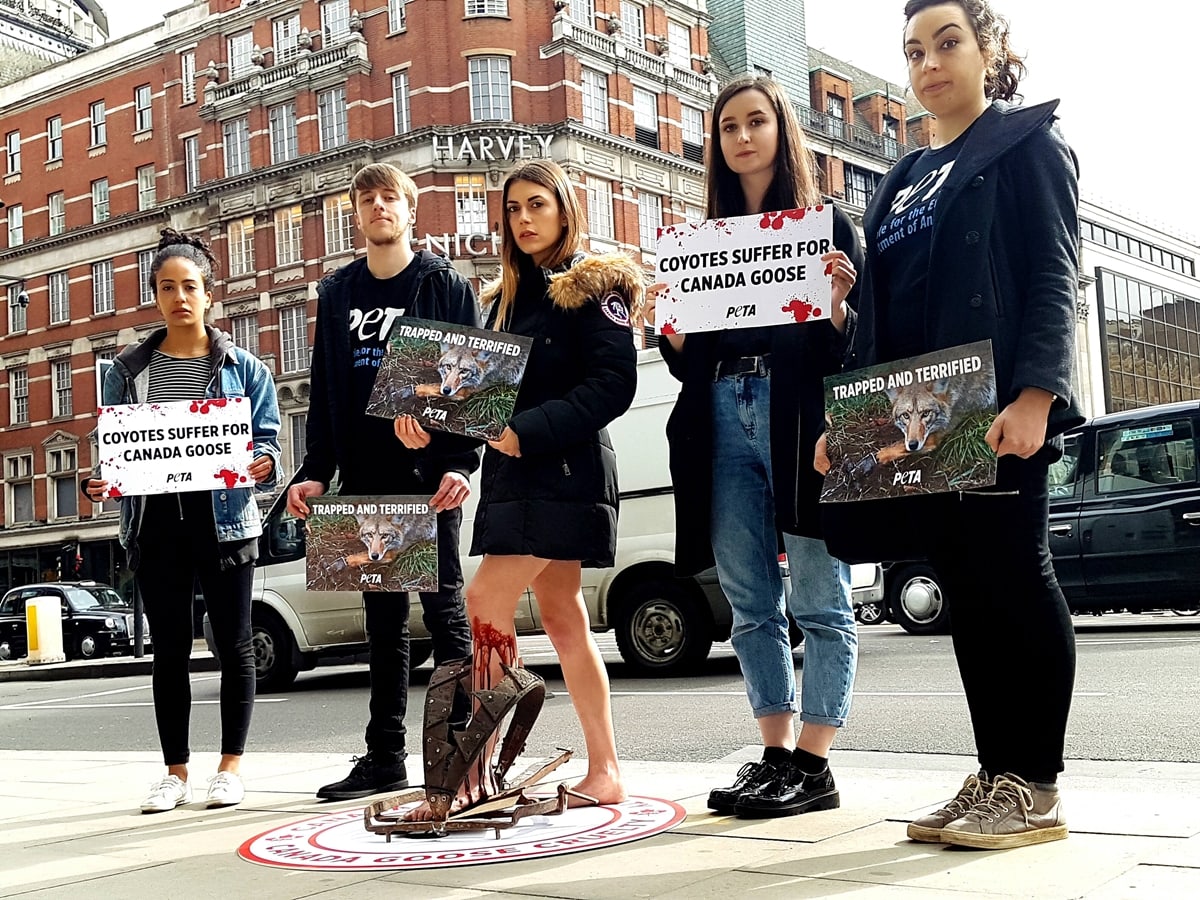
The animal rights organization has been focusing its protests on the European flagship store of Canada Goose in London. Since 2017, the group has continuously protested outside the store.
Several celebrities supported the campaign, including Pamela Anderson and model Rhian Sugden, who appeared in front of the London store, body painted as a coyote.
These campaigns have focused on the cruel methods used to capture coyotes. They’re caught in their natural habitat using steel leg clamps before being subjected to horrific injuries.
Following this announcement, PETA said they are suspending their international campaigns against Canada Goose. In the future, they’ll be re-engaging with the Canadian brand to encourage them to end its use of animal feathers from ducks and geese.
Canada Goose’s Sustainability Shift: Beyond Fur
The brand has said that they’re saying ‘no’ to using real fur because they desire to become more sustainable. Dani Reiss, the CEO and president of Canada Goose, told The New York Times that they “are accelerating the sustainable evolution of our designs” by abandoning fur.
The Canadian brand will take a phased approach to removing fur from its collection. While it’s clear that their decision is partly in response to campaigns by organizations like PETA, this recent move is also part of their environmental commitments.
Their decision to end their use of real fur was codified in Canada Goose’s most recent sustainability report.
Canada Goose had already been taking steps to become more sustainable before this announcement. The brand already has a range of sustainably focused designs for the eco-conscious consumer.
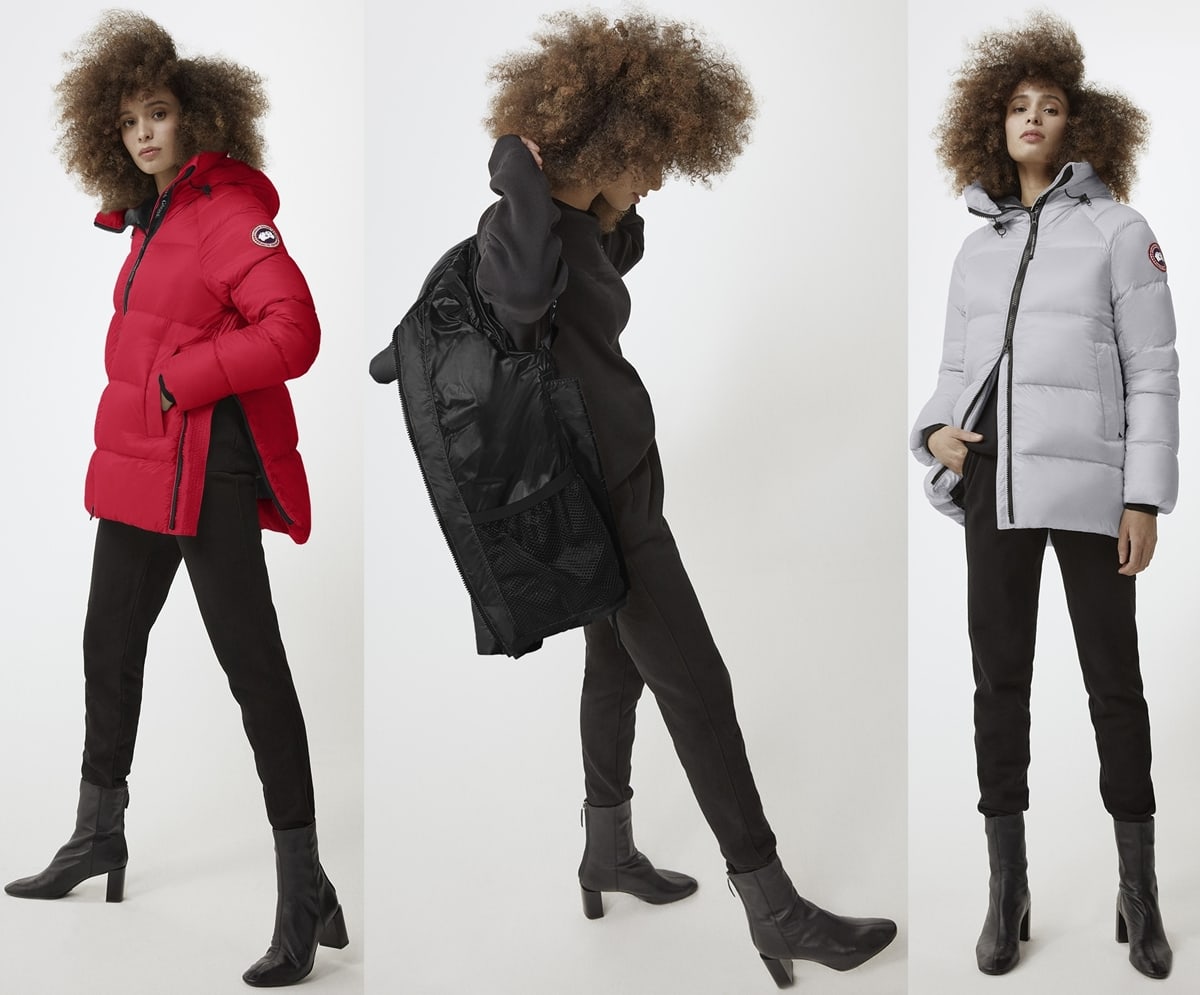
Available at Canada Goose, their Standard Expedition Parka generates 30% fewer carbon emissions and uses 65% less water during its lifetime. Their fur-free Cypress jacket is made using recycled nylon.
In 2020, Canada Goose committed to lowering the impact of their designs. This year, they’ve been working to bring this mission to reality with recycled fabrics and materials. Their sustainability collection follows the tagline “keeping the planet cold and the people on it warm.”
Dani Reiss, the President of Canada Goose, has said that the brand is “steadfast in our commitment to strengthening our communities, protecting and working towards a future for generations to come.”
As part of this work, Canada Goose has introduced their ‘Fur Buy Back Program’ to repurpose existing materials by reclaiming fur already on the market.
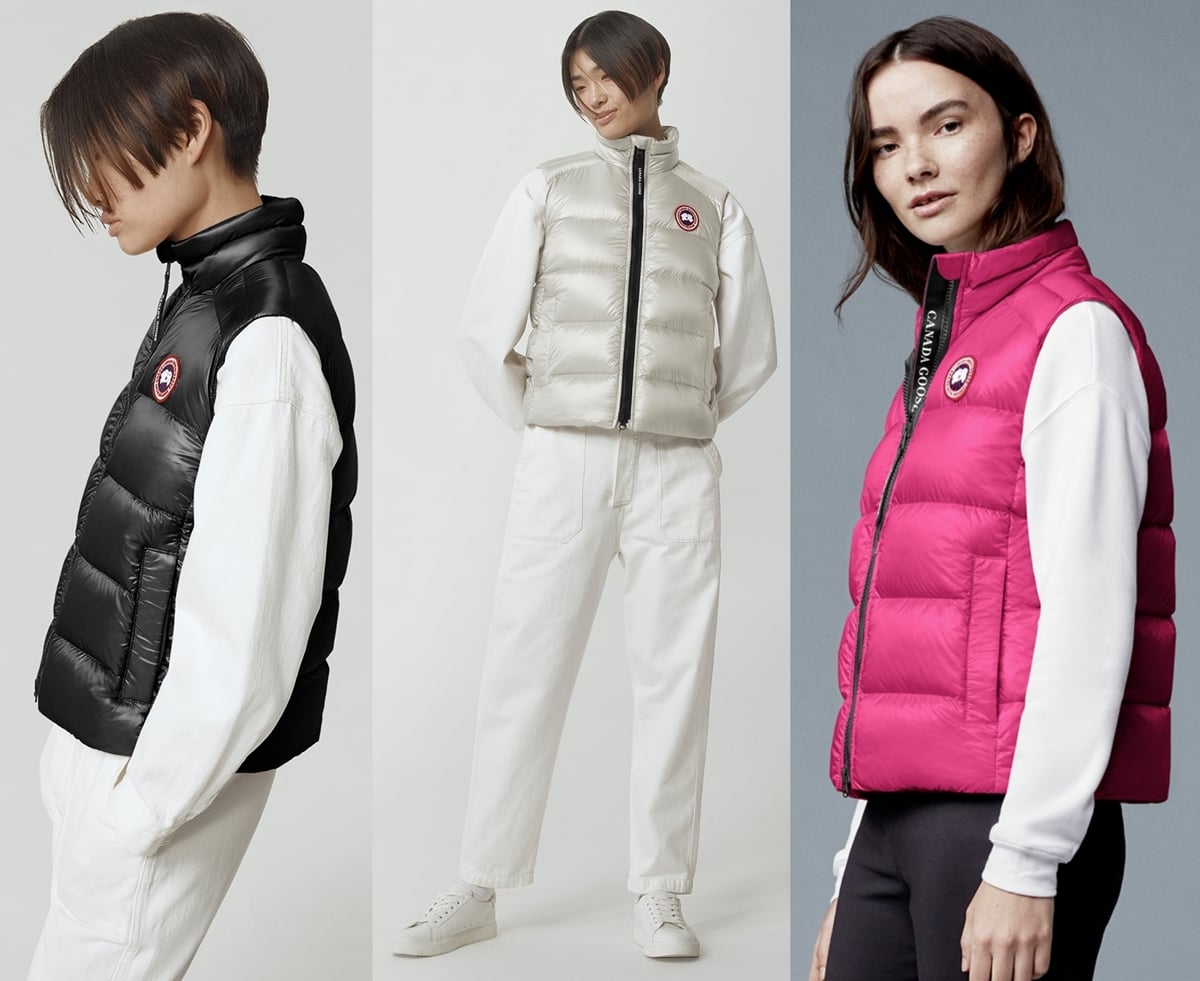
Through the program, Canada Goose customers can return their new or used Canada Goose fur to receive credit for a future Canada Goose purchase.
By using reclaimed fur, Canada Goose will be reusing already available fur to help keep the planet’s temperature under control.
Fashion’s Fur-Free Future: Industry Giants Join the Movement
Canada Goose is the latest in a string of luxury fashion brands to announce that they are dropping fur to become more sustainable.
Versace, Gucci, and Michael Kors have recently gone fur-free, while Gap and Nike have announced plans to produce more sustainable garments.
US department store Nordstrom has also said they will no longer sell products made with exotic animal skin or fur by the end of 2021.
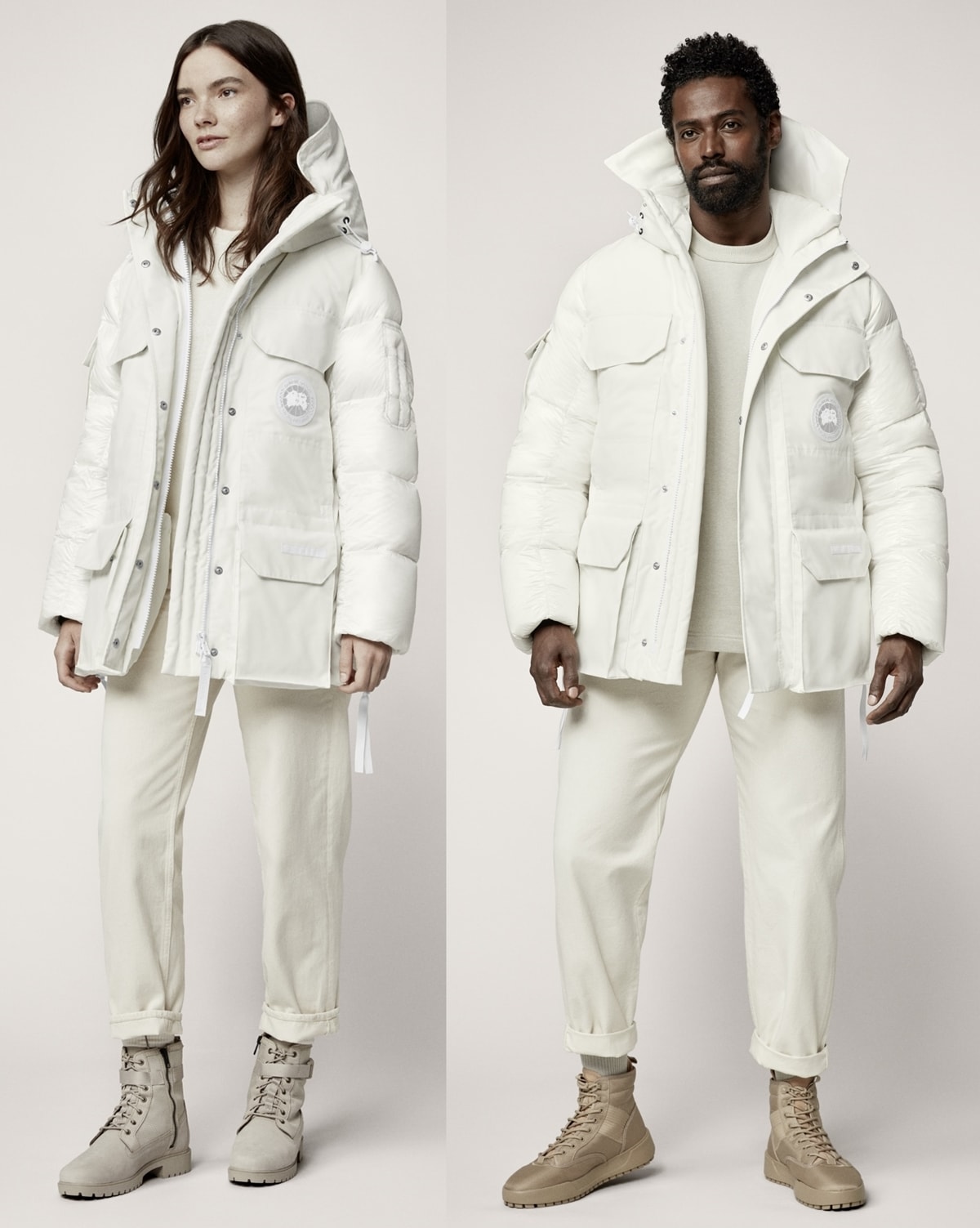
These announcements reflect changes within the industry, as real fur has been banned from London Fashion Week since 2018.
Burberry ceased using raccoon, rabbit, fox, and mink fur in 2018. Prada has also committed to ending its use of fur, showing that it’s a sea-change across the fashion industry internationally.
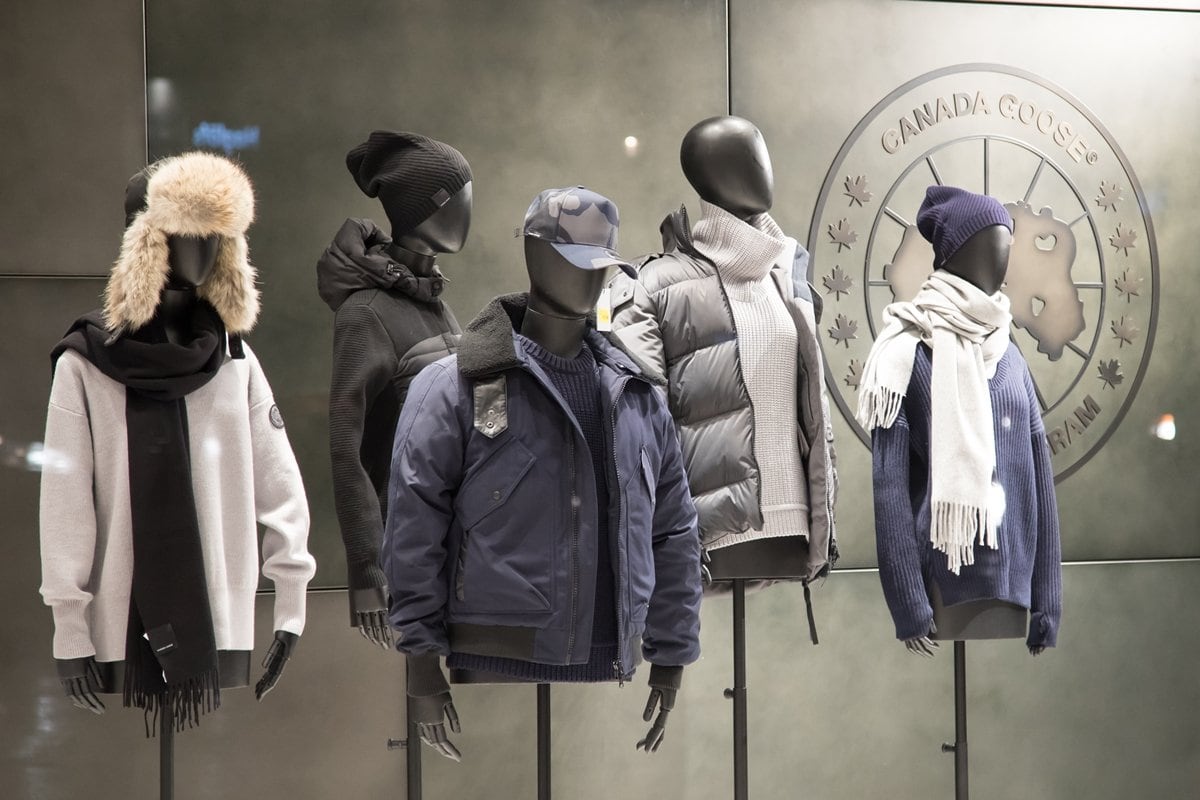
As Canada Goose transitions as a brand and begins to remove fur from its product range, we can be sure that PETA and other animal rights organizations will be closely watching.
With Canada Goose saying goodbye to fur, are we witnessing the final days of fur within the fashion industry?
